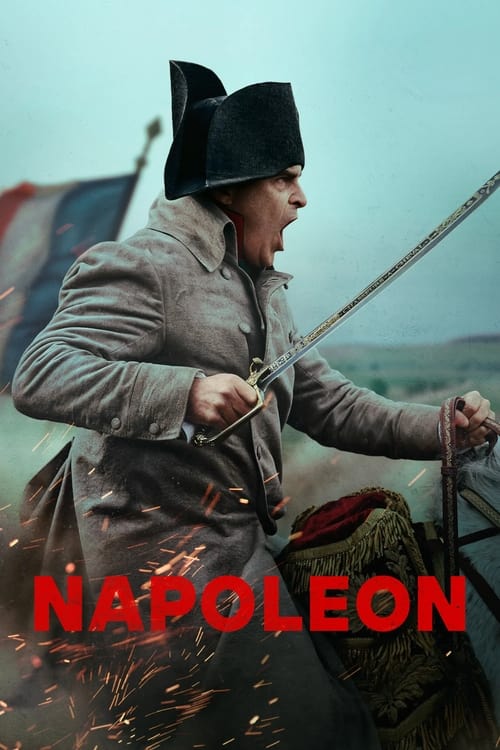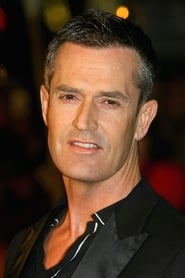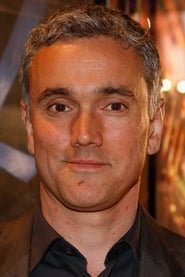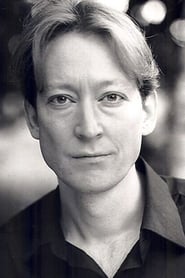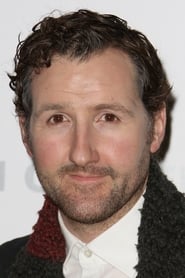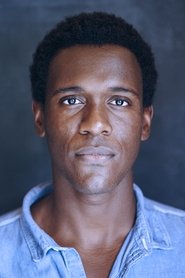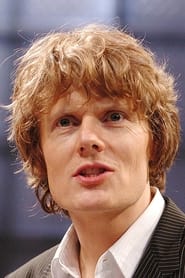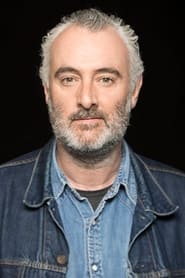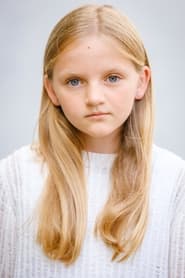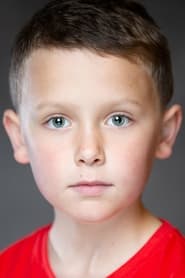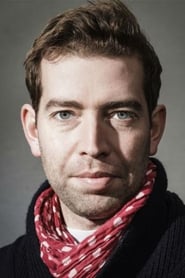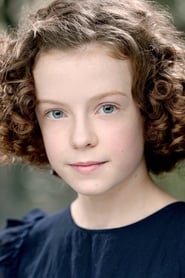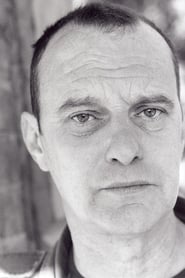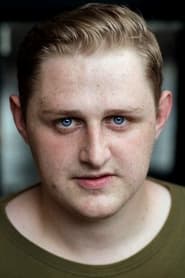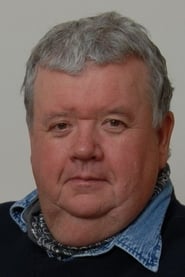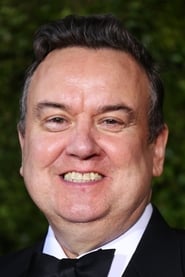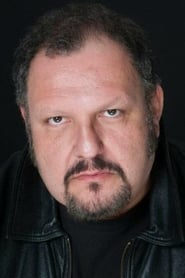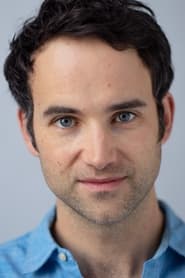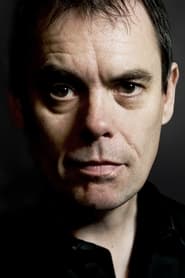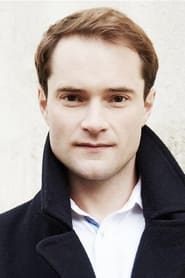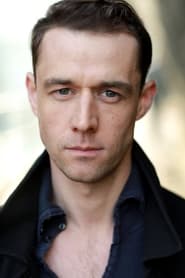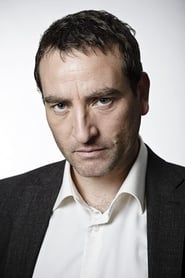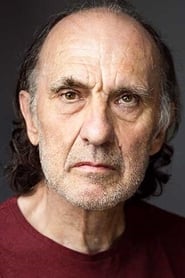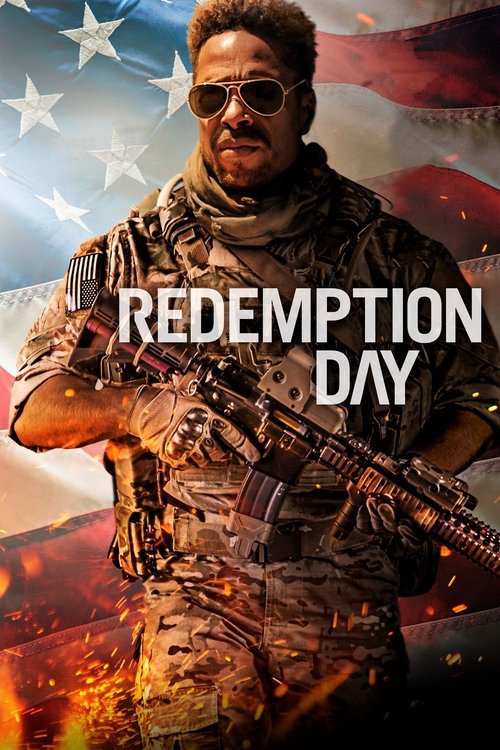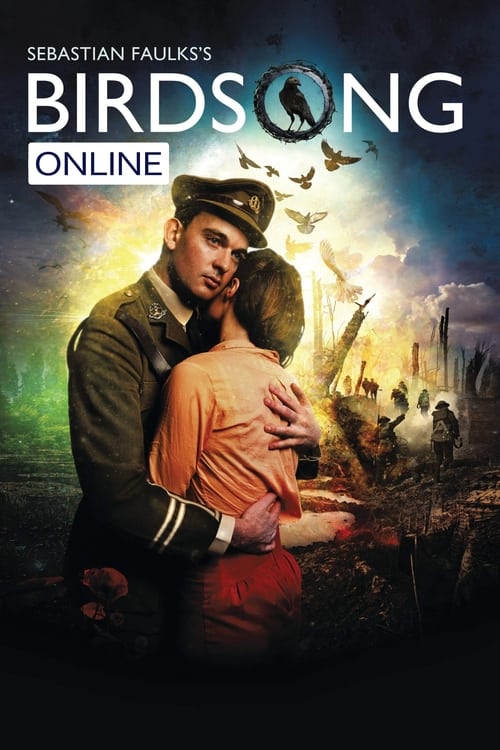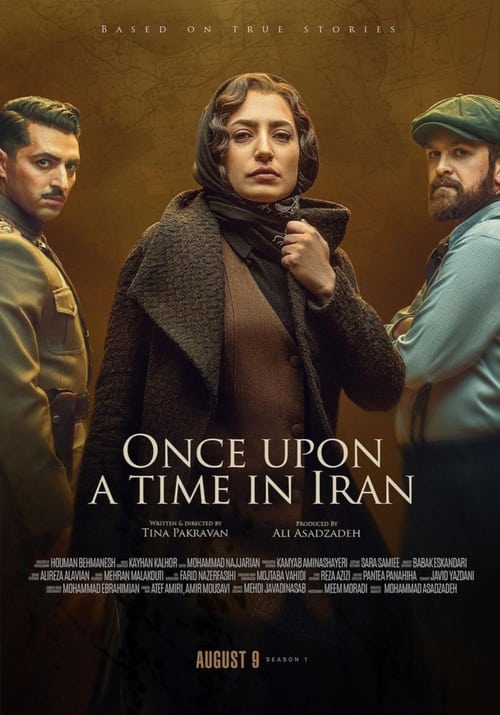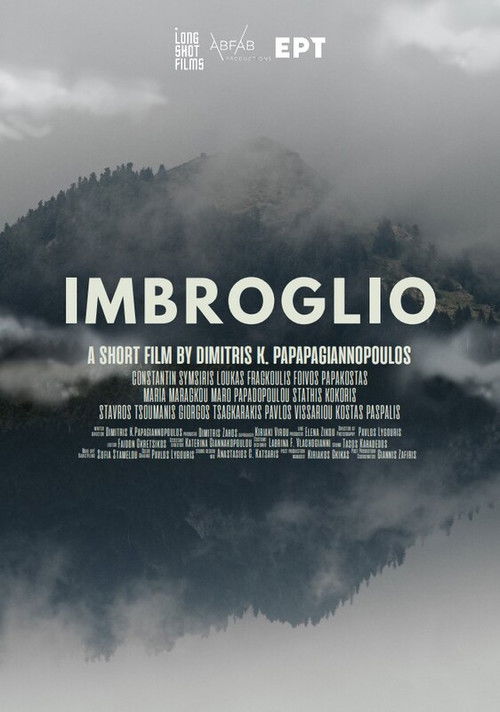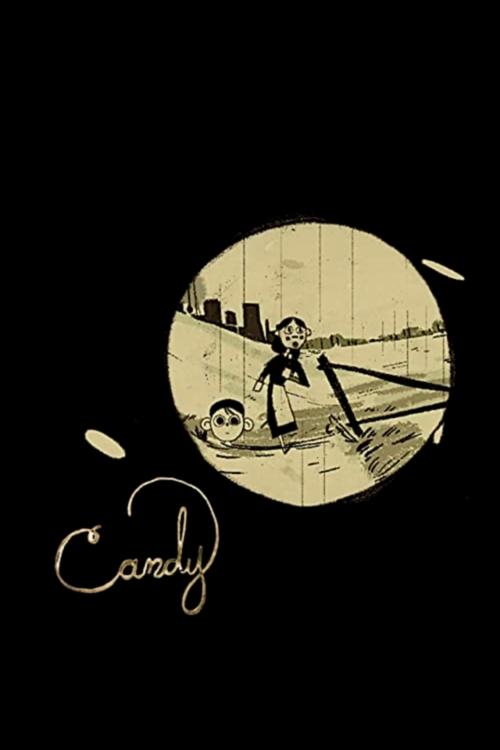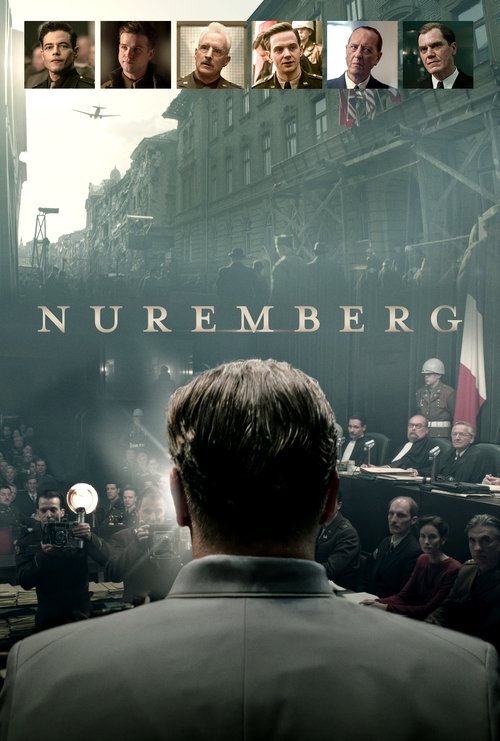
Ask Your Own Question
What is the plot?
In 1793, in the streets of revolutionary Paris, a crowd gathers as Marie Antoinette is led to the guillotine. Her executioners raise the blade; people pelt her with refuse and cheer when the executioner severs her head. Among the onlookers stands a young Corsican captain, Napoleon Bonaparte, watching the spectacle as the revolutionary government tightens its grip.
Later that year Paul Barras, a leader of the Directory, appoints Napoleon to command the French forces at the Siege of Toulon. Napoleon arrives with limited resources and quickly devises a plan to take the port city by concentrating artillery on the harbor. During the assault his horse is struck by cannon fire but he presses forward on foot, directing batteries that bombard British warships. He orders the capture of key heights and the destruction of enemy vessels, forcing the British to withdraw; his success at Toulon wins him promotion to general.
As the Reign of Terror ends and Maximilien Robespierre falls from power, Robespierre attempts to flee, attempts suicide, and is ultimately deposed and delivered to the guillotine; revolutionaries execute him by guillotine. With the Terror over, Napoleon and other leaders work to stabilize France. In October 1795, during the insurrection of 13 Vendémiaire, royalist forces march on the Convention. Napoleon positions cannons in the Church of Saint-Roch's square, then gives the order to fire grapeshot into the massed insurgents; the artillery shatters the rebellion, and the government quells the uprising, consolidating the Directory's tenuous control and enhancing Napoleon's reputation for decisive, ruthless action.
In the more intimate setting of a summer ball Napoleon first meets Joséphine de Beauharnais, an aristocratic widow. Joséphine's son, Eugène, asks the young officer to retrieve the sword that belonged to his late father; Napoleon snatches a sword at random and returns it to the boy. He courts Joséphine, and the two embark on a passionate affair that leads to marriage. They have an active sexual life but no child is born to them, and both privately worry about the lack of an heir.
In 1798 Napoleon leads an expedition to Egypt. At the Battle of the Pyramids he deploys modern column and artillery tactics, defeating the Mamluk forces in a pitched engagement near the pyramids and establishing French control over Cairo. While he is campaigning in Egypt, Joséphine begins an affair with a young officer, Hippolyte Charles, who is roughly a decade her junior. When word reaches Napoleon, he cuts short his Egyptian campaign and returns to France despite warnings that abandoning his troops will be condemned as desertion. Back in Paris he flings Joséphine's personal items from the carriage into the rain as she arrives, accuses her of betrayal, and coldly demands that she account for her infidelity; she retorts that without her he is nothing.
The Directory summons Napoleon to answer for leaving his army, but he turns the meeting into an attack on their misrule and ineffectual governance. Emmanuel Joseph Sieyès persuades Napoleon to stage a coup. In the Coup of 18 Brumaire, Napoleon, with the aid of his brother Lucien and allies including Talleyrand, Fouché and Ducos, forces the existing government to resign. Troops enter the halls of power, the council collapses under pressure, and Napoleon rises to the position of First Consul, wielding the executive authority of the state.
In 1804 Napoleon has himself proclaimed Emperor of the French. During the coronation held at Notre-Dame, the pope lifts the crown to bless the ceremony; instead of allowing the pope to place it on his head, Napoleon seizes the crown and crowns himself, setting the crown upon his own brow and proclaiming his supremacy. Joséphine becomes Empress at his side. Napoleon directs his diplomats--Talleyrand and Caulaincourt among them--to negotiate alliances, including an overture to Austria and attempts to court Britain; the Austrians rebuff these offers and English envoys refuse to bend.
In 1805 Napoleon confronts the allied forces of Austria and Russia at the Battle of Austerlitz. He maneuvers his troops deliberately, feigning weakness on his right to draw the allies into a trap. He conceals infantry in woodlands and orders artillery to target the ice of a frozen lake that anchors the allied line. When cannonballs and grapeshot strike the frozen surface, Confederation troops retreat in disorder and the weight of men, horses and cannons causes the ice to fracture; Russian and Austrian soldiers plunge through the shattered ice into the freezing water and drown as French artillery drives them into the gap. The allied center collapses and Napoleon secures a decisive victory. Afterwards he dines with Austrian Emperor Francis II and taunts the absent Russian Tsar Alexander I--telling Francis that his mercy in not annihilating his armies should earn his gratitude.
Napoleon faces a private crisis: his marriage produces no heir. His mother Letizia, pressing for a dynastic successor, orders him to sleep with a young woman to determine whether the infertility lies with him or with Joséphine. The liaison produces a pregnancy, and Letizia reports the result to her son. To secure the succession Napoleon divorces Joséphine in 1810. During the formal abolition of their marriage before a council Joséphine hesitates to read her portion of the divorce decree; Napoleon slaps her across the face to force her compliance. He sends her to live at the Château de Malmaison, where she retreats into reclusion. Despite the public rupture the two maintain a warm correspondence, exchanging letters that preserve affection even as political and dynastic realities push them apart.
Napoleon pursues a dynastic marriage to cement relations with Europe. He negotiates an alliance with Austria by marrying Duchess Marie Louise, a Habsburg, and within a year she bears him a son--recognized as the King of Rome. Napoleon tears up at his first sight of the child and later brings the infant to Malmaison for Joséphine to meet, a brief and tender reunion.
In 1812 Napoleon assembles the Grande Armée and crosses into Russia after Tsar Alexander I declines to uphold the Treaties of Tilsit. The campaign grinds toward a massive engagement at Borodino. There, amid furious cannonade and repeated assaults across open ground, French forces suffer grievous losses; sources note roughly 28,000 French casualties in the combat, yet the Russians fall back. Napoleon enters Moscow expecting a capitulation but finds the city empty of civilians and military resistance. After his troops occupy Moscow they wake to find conflagrations consuming the city; fires spread through the evacuated streets as Russians set the capital alight to deprive the invaders of shelter and supplies. Napoleon debates pursuit of the retreating Russian armies but his marshals argue the supply lines and winter make pursuit impossible; he orders a retreat. The withdrawal turns into catastrophe as cold, disease, starvation and constant Cossack harassment decimate the Grande Armée. Across the march back to France roughly half a million men perish--by combat, exposure, starvation and capture.
Coalition armies engage Napoleon's worn forces in 1814, and allied pressure forces him to abdicate. He accepts exile on the Mediterranean island of Elba and departs France, landing on Elba as a deposed sovereign with a small guard and limited resources.
In 1815, learning that Joséphine has fallen ill, Napoleon escapes Elba and lands on the French mainland. He marches toward Paris and encounters royal troops sent to arrest him; he confronts the Fifth Regiment, speaks to the soldiers, and turns them to his side with his presence and charisma. He reaches the Château de Malmaison only to learn from Joséphine's daughter that Joséphine has died of diphtheria in seclusion; Napoleon weeps at the grave of his former wife.
During the Hundred Days Napoleon regains control of France and reconstitutes an army to confront the Seventh Coalition. In June 1815 he meets the British forces under Arthur Wellesley, Duke of Wellington, on the fields near Waterloo. The battle opens with French cavalry charges intended to smash British lines; Wellington's troops form disciplined infantry squares that repulse repeated charges. Napoleon orders renewed assaults and commits his reserves; he urges his men forward in desperate attempts to break the British center. Wellington's formed infantry and tactical discipline blunt the attacks, and as the day wears on Prussian Marshal Gebhard Leberecht von Blücher brings fresh Prussian corps onto the battlefield to reinforce Wellington. The arrival of the Prussians turns the tide; French positions collapse under combined pressure and French units disintegrate. Napoleon recognizes the rout and conducts an orderly retirement from the field; before departing he removes his hat and raises it in salute to Wellington.
After Waterloo the allied powers strip Napoleon of authority and banish him to a remote outpost in the South Atlantic. He lands on Saint Helena and settles at Longwood House with a small retinue and British captors overseeing his confinement. On the island he occupies his time writing memoirs and organizing his recollections of the campaigns; he also spends moments with local children, telling them stories and even asserting to them that he set Moscow on fire. In 1821, alone and ill, he sits and hears the voice of Joséphine calling to him; he bows his head and collapses. Napoleon dies on Saint Helena in 1821; reports of his last words record the fragments "France…Army…Josephine."
Throughout the narrative many soldiers and commanders meet violent ends: Marie Antoinette is executed by guillotine on the scaffold; Maximilien Robespierre is deposed, wounds himself in a failed suicide attempt, and is executed by guillotine; thousands of combatants drown when the ice breaks at Austerlitz after French artillery shatters the frozen lake; tens of thousands die at Borodino in close-quarters slaughter; fire consumes Moscow's buildings and many perish or are displaced by the conflagration; roughly half a million soldiers die on the Russian retreat from Moscow through cold and privation; and, across the Revolutionary and Napoleonic Wars between 1792 and 1815, the epilogue records approximately three million military deaths as the cost of the conflicts Napoleon commands.
The film concludes with the exiled emperor at Saint Helena finishing his memoirs, playing with children on the windswept grounds, and delivering his version of events to listeners; after a final, private moment in which he hears the summons of Joséphine, he collapses and dies in 1821. An epilogue summarizes the human toll of his campaigns and records the dates of his life and death.
What is the ending?
At the end of Napoleon (2023), after his defeat at the Battle of Waterloo, Napoleon is forced to surrender and is exiled to the remote island of Saint Helena. There, isolated and physically weakened, he spends his final days dictating his memoirs, haunted by memories and the voice of his late wife Joséphine, before quietly dying in 1821.
The ending unfolds in a detailed, scene-by-scene narrative:
-
After the Battle of Waterloo: Napoleon's forces are overwhelmed by the combined armies of the Duke of Wellington and the Prussian Marshal Blücher. The battle is depicted with slow, deliberate pacing, emphasizing the hopelessness of the French position--muddy terrain, uphill assault, and the arrival of Prussian reinforcements seal their fate. Napoleon's army is decisively defeated, and he is forced to retreat and ultimately surrender.
-
Napoleon's Return to France and Rallying of Troops: Before his final exile, Napoleon commandeers a ship to return to France. Upon arrival, he encounters soldiers who once served under him. Their loyalty and admiration allow him to quickly rebuild an army, setting the stage for the Waterloo confrontation. This moment highlights his enduring charisma and the loyalty he commands despite his waning power.
-
The Terms of Exile: Following his surrender, a scene aboard an English ship shows the Duke of Wellington discussing Napoleon's fate. Unlike his previous exile to Elba, this time Napoleon is to be sent to Saint Helena, a far more remote and secure island, guarded by a family to prevent any escape attempts. This marks the definitive end of his political and military career.
-
Life on Saint Helena: On the island, Napoleon is shown physically diminished and isolated. He spends time dictating his memoirs, attempting to shape his legacy by insisting he was misunderstood and that he was responsible for burning Moscow, despite others knowing the truth. This scene contrasts his former grandeur with his current impotence.
-
Haunted by Joséphine: Throughout his final days, Napoleon hears the voice of Joséphine, his first wife, who died of diphtheria before Waterloo. Her voice questions him, taunts him, and reflects on their complex relationship, adding a psychological and emotional layer to his isolation. This imagined dialogue underscores his loneliness and the unresolved nature of their bond.
-
Final Moments: The film closes with Napoleon watching two young girls play nearby, a quiet and almost pitiful image. He collapses to the ground after hearing Joséphine's voice calling him. The screen fades as text informs the audience that Napoleon died in 1821, having commanded over 80 battles and caused millions of deaths. His last reported words were "France…Army…Josephine," encapsulating the core of his identity and regrets.
Fates of Main Characters at the End:
- Napoleon Bonaparte: Exiled to Saint Helena, he dies in solitude in 1821, physically broken and haunted by his past.
- Joséphine de Beauharnais: Deceased before the final battle, her presence lingers as a voice in Napoleon's mind, symbolizing both love and loss.
- Duke of Wellington: Victorious at Waterloo, he oversees Napoleon's exile, ensuring the former emperor's permanent removal from power.
- Prussian Marshal Blücher: His forces contribute decisively to Napoleon's defeat, cementing the coalition victory.
This ending portrays the final collapse of Napoleon's empire and personal ambitions, emphasizing themes of isolation, the cost of power, and the enduring impact of personal relationships.
Is there a post-credit scene?
The movie Napoleon (2023) does not have a post-credits scene. There is no mid-credits or after-credits extra content, so viewers can leave the theater once the movie ends without missing any additional scenes.
This absence aligns with director Ridley Scott's typical style, as he has not included post-credits scenes in his previous films. The film's narrative conclusion also leaves no room for a post-credits scene, which would have felt forced and unnecessary.
While some YouTube videos may be titled suggesting an "after credits scene," these are not official post-credits scenes from the movie itself but rather clips or fan edits unrelated to the official film content.
What role does Joséphine play in Napoleon's life and how is their relationship portrayed in the film?
Joséphine is depicted as Napoleon's wife and the primary emotional focus of the film. Their relationship is intense and volatile, marked by a vigorous sex life but no children. The film explores Napoleon's obsession with her, including his reaction to her affair with a younger lover, Hippolyte Charles, which prompts him to rush back from Egypt. Their turbulent love life drives much of the plot, sometimes overshadowing his military victories, and the film suggests that Napoleon's return from exile was motivated by a desire to win her back. This relationship highlights themes of sexual insecurity, ego, and toxic masculinity within the story.
How does the film depict Napoleon's military strategies and key battles?
The film portrays several of Napoleon's significant military engagements with detailed battle scenes. Notably, it shows his management of the Siege of Toulon, his suppression of the royalist insurrection on 13 Vendémiaire, and his victory at the Battle of the Pyramids in Egypt. A key strategic moment is the Battle of Austerlitz, where Napoleon outmaneuvers Austrian and Russian forces by luring them onto frozen lakes and then bombarding the ice to drown many enemies. These sequences emphasize his tactical genius and military prowess.
What is the significance of the coronation scene in the movie?
The coronation scene is a pivotal moment where Napoleon is crowned Emperor of the French by the pope in 1804. The film highlights his audacity when he takes the crown from the pope and places it on his own head, symbolizing his assertion of authority and self-made power. This act underscores his image as a self-styled savior of the nation and his break from traditional authority.
How are Napoleon's political maneuvers and rise to power depicted?
Napoleon's political ascent is shown through his criticism of the Directory for poor leadership and his collaboration with figures like Talleyrand, Fouché, Sieyès, and Ducos to orchestrate the Coup of 18 Brumaire. This coup forces the resignation of the existing heads of state, allowing Napoleon to become First Consul. The film also depicts his attempts to form alliances with Austria and England, which are rebuffed, leading to his frustration and aggressive diplomatic behavior.
What internal and emotional struggles of Napoleon are explored in the film?
The film delves into Napoleon's psychological complexity, including his obsession with Joséphine, his sexual insecurities, and his ego. It portrays his volatile personality and toxic masculinity, especially in the context of his relationships and quest for power. In his final exile on Saint Helena, the film shows a broken and isolated Napoleon, physically deteriorating and haunted by memories of Joséphine, his soldiers, and his fallen empire, highlighting his loneliness and the cost of his ambition.
Is this family friendly?
The 2023 movie Napoleon is not family friendly and is rated R, meaning viewers under 17 require parental accompaniment due to its mature content.
Potentially objectionable or upsetting aspects for children or sensitive viewers include:
-
Strong and graphic violence: Numerous intense battle scenes with soldiers and horses being maimed, shot, and blown up, showing visible wounds, blood, and gore. There is also a graphic beheading scene and decaying corpses.
-
Sexual content: Several explicit sex scenes with partial nudity, including aggressive sexual activity and discussions of infidelity and infertility. Some cleavage is shown throughout the film.
-
Language: Brief use of strong language, including at least two uses of the F-word.
-
Emotional intensity: The film depicts brutal warfare and complex, often painful personal relationships, which may be distressing.
Because of these elements, Napoleon is generally unsuitable for children and sensitive viewers. Parents seeking historical films with less intense content might consider alternatives like Master and Commander or Night at the Museum.

